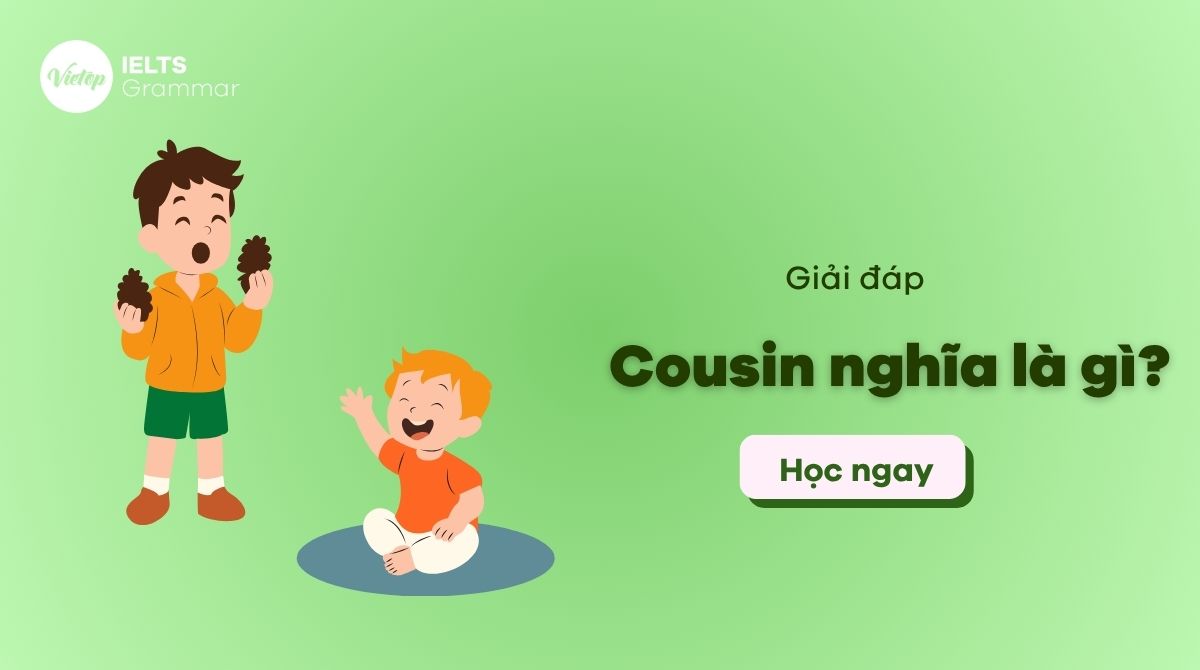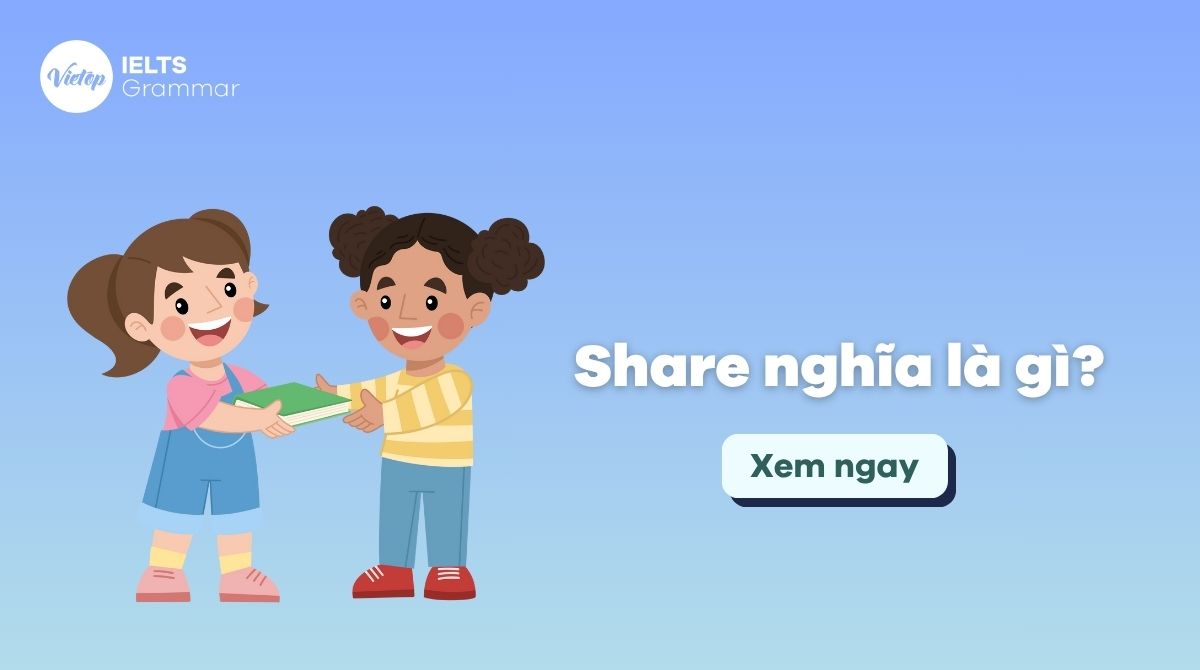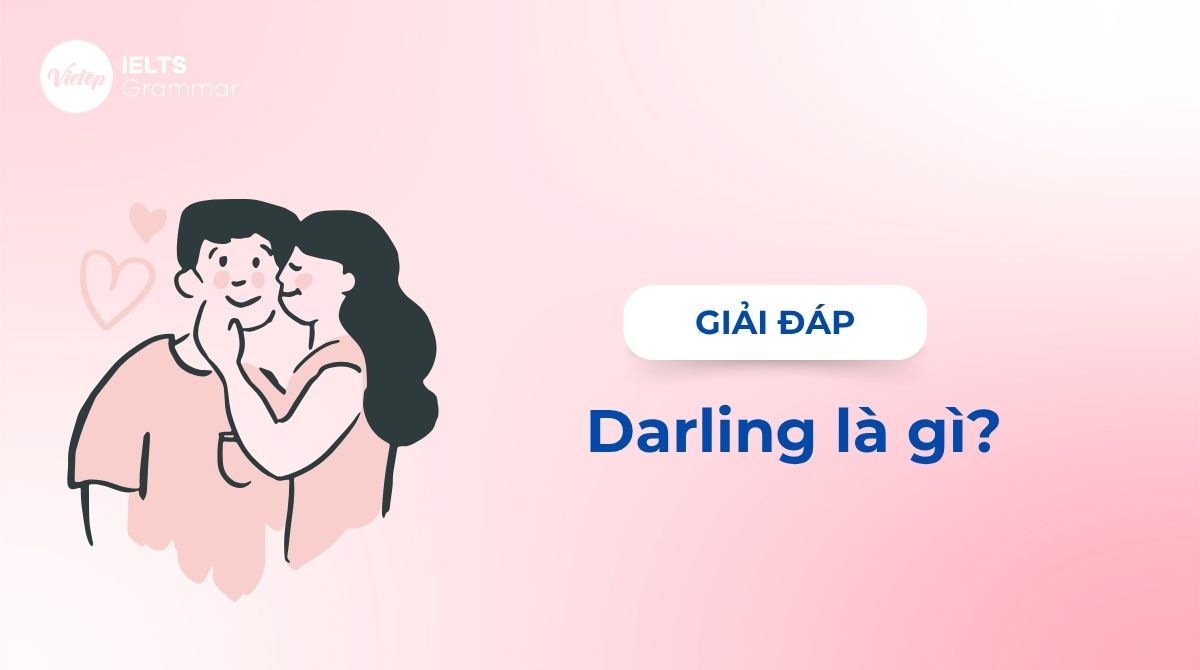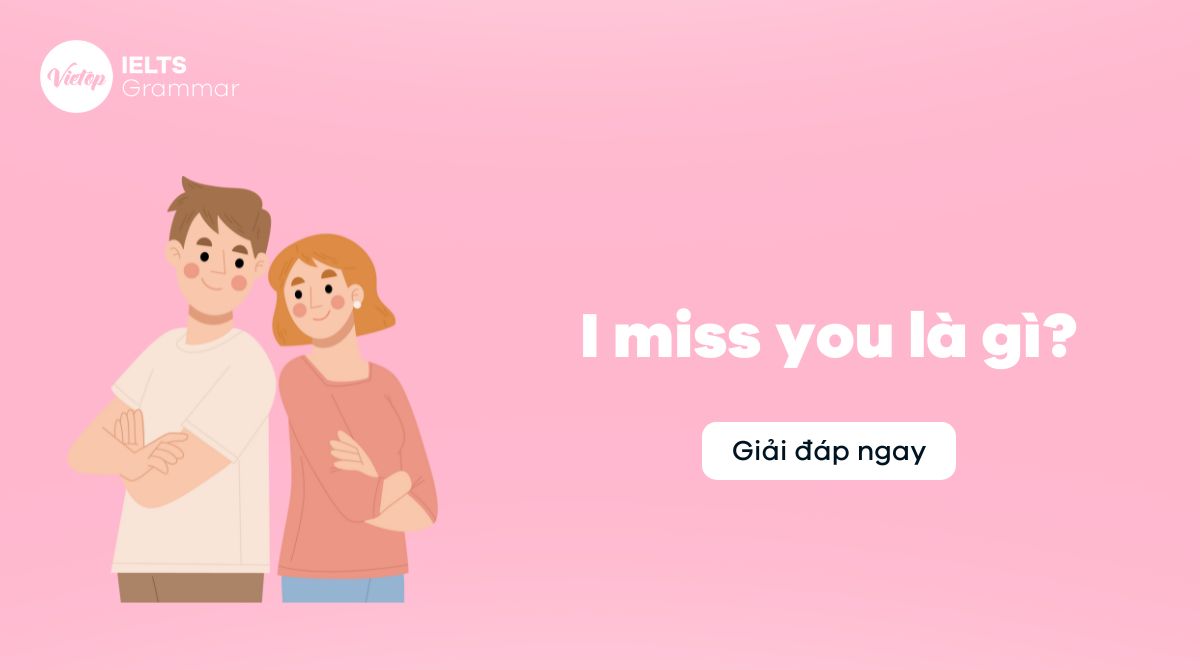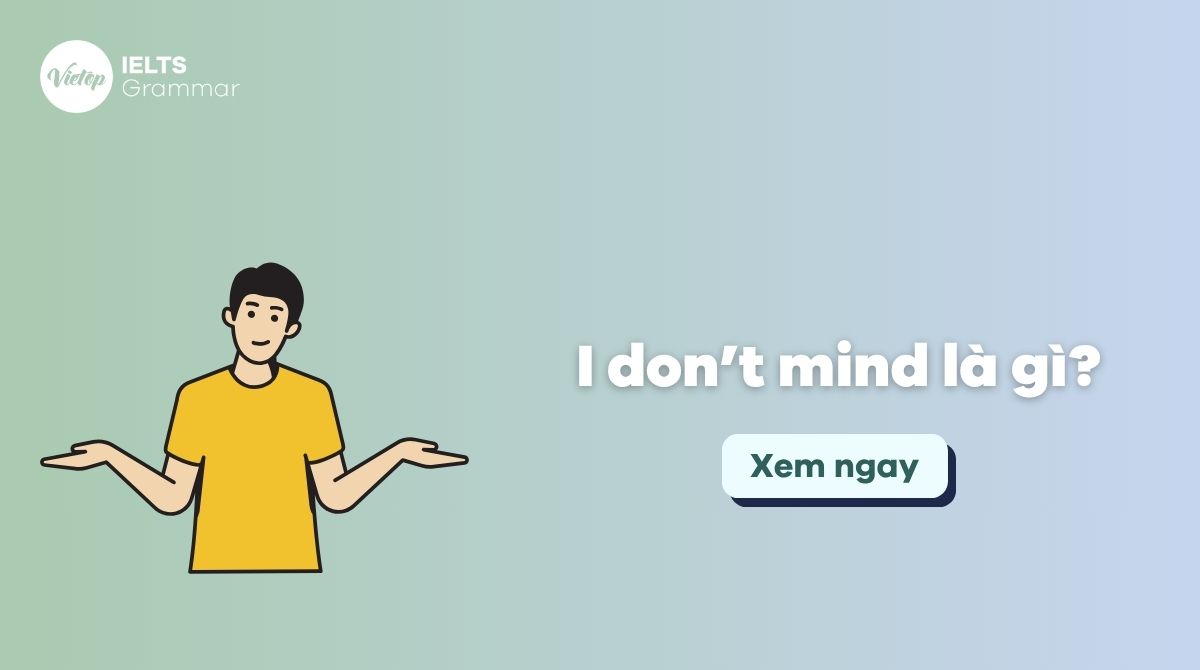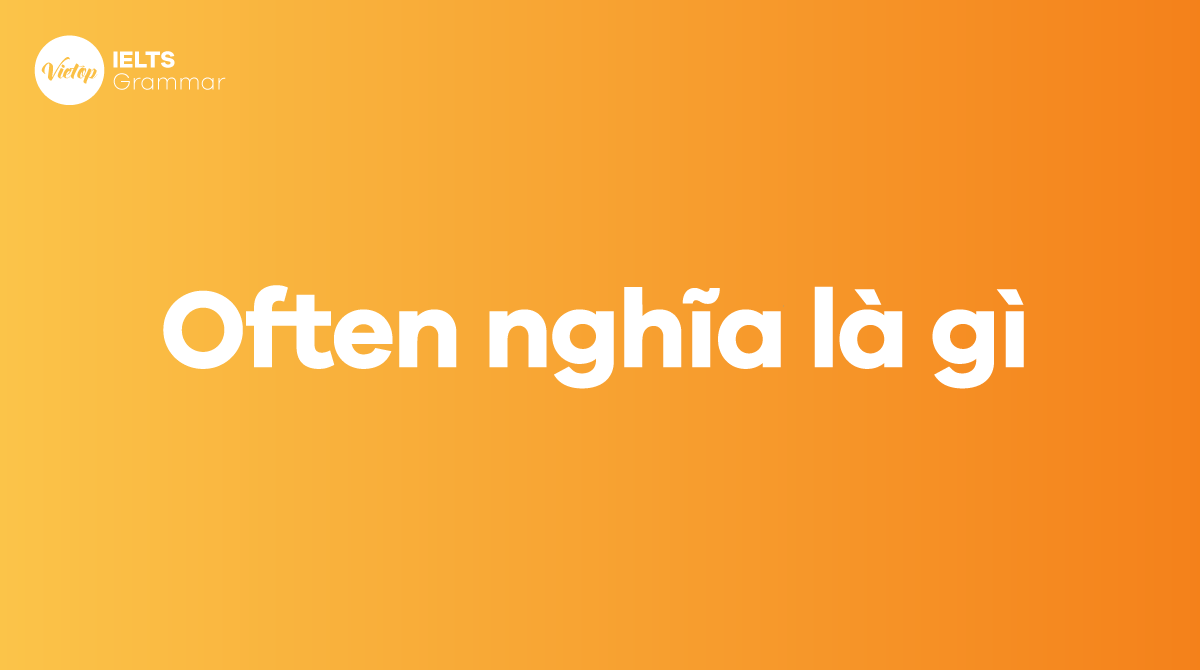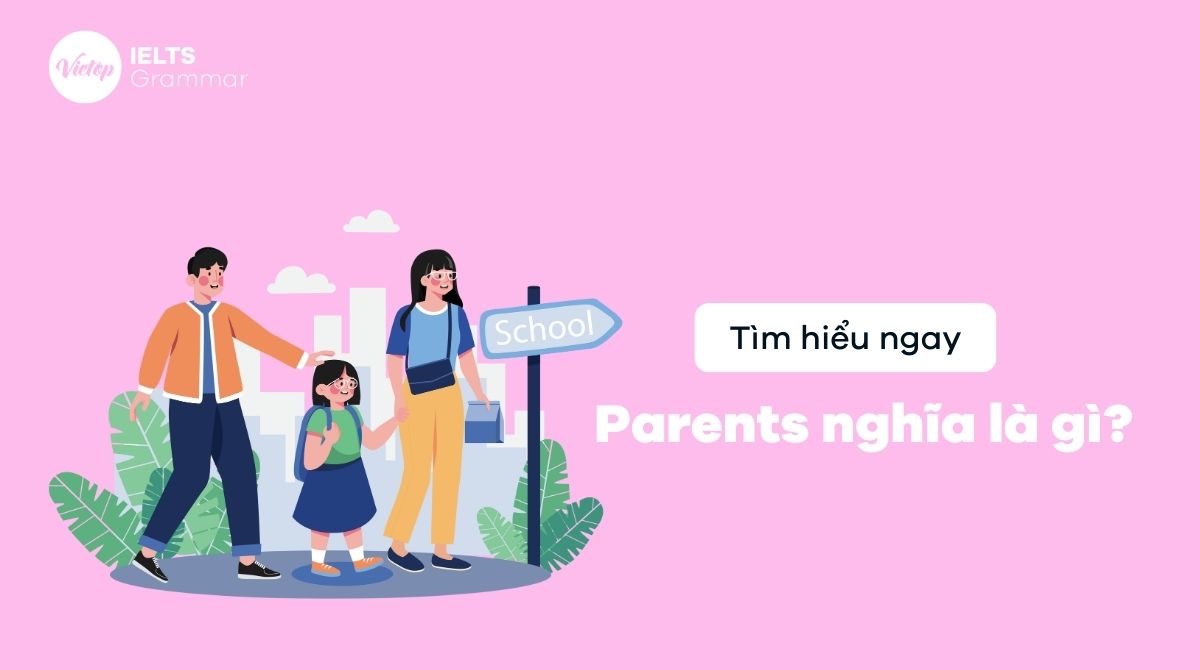History – lịch sử được cho là chủ đề khá khó trong cả IELTS Speaking và Writing, khi đa số thí sinh không có nhiều kiến thức về lịch sử trên thế giới cũng như từ vựng cho chủ đề này. Với bài viết dưới đây, Vietop English mời các bạn cùng tham khảo phần tổng hợp từ vựng IELTS Vocabulary topic History thông dụng.
IELTS Vocabulary topic History- Danh từ
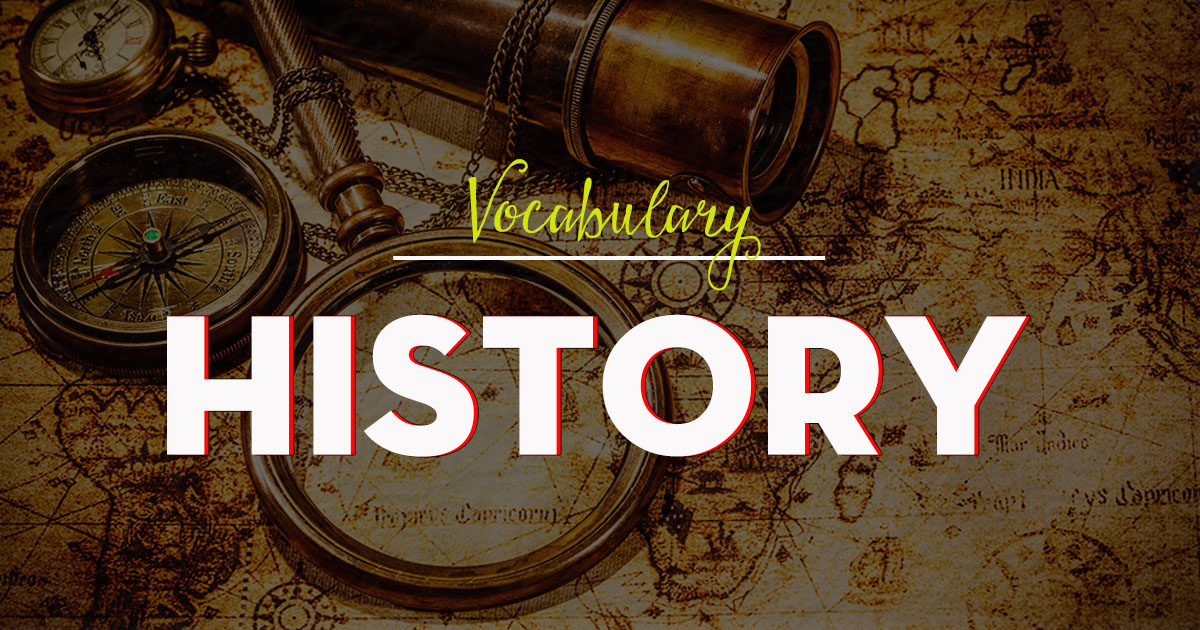
| Từ vựng | Ý nghĩa | Ví dụ |
| Anthropology | Nhân chủng học | Anthropology is the study of human societies, cultures, and their development. |
| Archaeological site | Khu khảo cổ | The archaeological site of Pompeii offers a glimpse into life in ancient Roman times. |
| Archaeologist | Nhà khảo cổ học | The archaeologist carefully examined the pottery shards found at the excavation site. |
| Artifact | Hiện vật | The museum has an impressive collection of artifacts from ancient civilizations. |
| Civilization | Nền văn minh | The Indus Valley Civilization was one of the earliest known civilizations in the world. |
| Colonialism | Chủ nghĩa thực dân | The British Empire practiced colonialism in many countries around the world. |
| Cultural exchange | Giao lưu văn hóa | The cultural exchange between Japan and the United States has led to a fusion of ideas and practices. |
| Decolonization | Phi thực dân hóa | The decolonization of Africa and Asia was a major event in the 20th century. |
| Diplomacy | Ngoại giao | Diplomacy is essential for maintaining peaceful relations between countries. |
| Dynasty | Triều đại | The Han Dynasty ruled China for over four centuries. |
| Empire | Đế chế | The Roman Empire was one of the most powerful empires in history. |
| Exploration | Thám hiểm | Exploration has led to the discovery of new lands and resources. |
| Genocide | Diệt chủng | The Holocaust was one of the worst genocides in history. |
| Heritage | Di sản | The Great Wall of China is a world heritage site. |
| Historical event | Sự kiện lịch sử | The assassination of Archduke Franz Ferdinand was a historical event that led to World War I. |
| Historical figure | Nhân vật lịch sử | Mahatma Gandhi was a historical figure who led India to independence from British rule. |
| Historical site | Di tích lịch sử | The Pyramids of Giza are a historical site that attracts millions of tourists every year. |
| Imperialism | Chủ nghĩa đế quốc | Imperialism has been a major factor in shaping the modern world. |
| Independence | Độc lập | The American colonies declared independence from Great Britain in 1776. |
| Industrialization | Công nghiệp hóa | The process of industrialization transformed societies from agrarian-based economies to ones based on manufacturing and technology. |
| Monarchy | Chế độ quân chủ | The British monarchy is the oldest surviving monarchy in the world. |
| Nationalism | Chủ nghĩa dân tộc | Nationalism can lead to both positive and negative consequences. |
| Revolution | Cách mạng | The French Revolution marked a turning point in European history. |
| Revolutionaries | Nhà cách mạng | Che Guevara was one of the most famous revolutionaries of the 20th century. |
| Slavery | Chế độ nô lệ | Slavery was a brutal system that dehumanized millions of people. |
| Suffrage | Quyền bầu cử | The women’s suffrage movement fought for the right to vote for women. |
| Treaty | Hiệp ước | The Treaty of Versailles ended World War I. |
| War | Chiến tranh | Wars have caused immense suffering and destruction throughout history. |

Hơn 21.220+ học viên đã đạt chứng chỉ tiếng Anh quốc tế, tự tin giao tiếp và mở rộng cơ hội học tập – nghề nghiệp. Đăng ký ngay để không bỏ lỡ cơ hội!
Xem thêm: Tổng hợp bài mẫu IELTS Speaking part 2
Từ vựng IELTS Speaking & Writing chủ đề History – Động từ
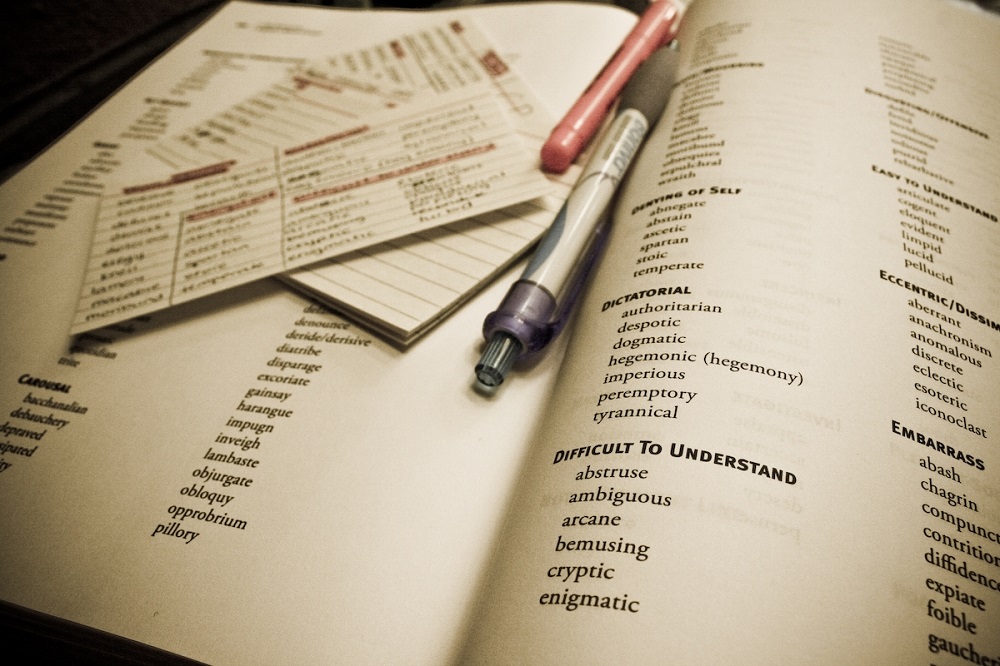
| Từ vựng | Ý nghĩa | Ví dụ |
| Abolish | Bỏ | The Emancipation Proclamation abolished slavery in the United States. |
| Annex | Phụ lục, sáp nhập | The Soviet Union annexed parts of Poland during World War II. |
| Build | Xây dựng | The ancient Egyptians built impressive pyramids that still stand today. |
| Colonize | Thuộc địa | European powers colonized much of the world during the Age of Exploration. |
| Conclude | Kết luận, chấm dứt | The Treaty of Versailles concluded World War I. |
| Conquer | Chinh phục | The Mongol Empire conquered much of Asia and Europe in the 13th century. |
| Develop | Phát triển | The Industrial Revolution allowed countries to develop new technologies and industries. |
| Discover | Phát hiện | Christopher Columbus discovered the Americas in 1492. |
| Emancipate | Giải phóng | Abraham Lincoln’s Emancipation Proclamation emancipated slaves in Confederate states during the Civil War. |
| Establish | Thành lập | The United Nations was established in 1945 after World War II. |
| Expand | Mở rộng | The Roman Empire expanded its territory through military conquest. |
| Explore | Khám phá | Marco Polo explored China and wrote about his experiences in his famous book. |
| Invade | Xâm lược | Germany invaded Poland in 1939, starting World War II. |
| Liberate | Giải phóng | Allied forces liberated concentration camps during World War II. |
| Overthrow | Lật đổ | The French Revolution overthrew the monarchy and established a republic. |
| Preserve | Bảo tồn | The Great Wall of China was built to preserve the country’s borders and protect against invasion. |
| Proclaim | Tuyên bố | The Declaration of Independence proclaimed the United States’ independence from Great Britain. |
| Reclaim | Đòi lại | The Dutch reclaimed land from the sea through the use of dikes and dams. |
| Reconstruct | Xây dựng lại | After the Civil War, the United States had to reconstruct the South and rebuild its economy. |
| Rediscover | Khám phá lại | The ancient city of Pompeii was rediscovered in the 18th century. |
| Reform | Cải cách | The Protestant Reformation reformed the Catholic Church in Europe. |
| Reinforce | Củng cố | The Berlin Wall was built to reinforce the division between East and West Germany. |
| Renovate | Đổi mới | The old theatre was renovated to restore its original beauty and charm. |
| Restore | Khôi phục | The Palace of Versailles was restored to its former glory after it fell into disrepair. |
| Revolutionize | Cách mạng hóa | The invention of the internet revolutionized the way people communicate and access information. |
| Settle | Ổn định | The Pilgrims settled in Plymouth, Massachusetts in 1620. |
| Succeed | Thành công | Mahatma Gandhi’s nonviolent resistance movement succeeded in gaining India’s independence from Great Britain. |
| Triumph | Chiến thắng | The civil rights movement triumphed over segregation and discrimination in the United States. |
| Unify | Thống nhất | The formation of the European Union aimed to unify countries in Europe. |
| Vanquish | Đánh bại | The Allied powers vanquished the Axis powers in World War II. |
Xem thêm:
Từ vựng IELTS Speaking & Writing chủ đề History – Tính từ
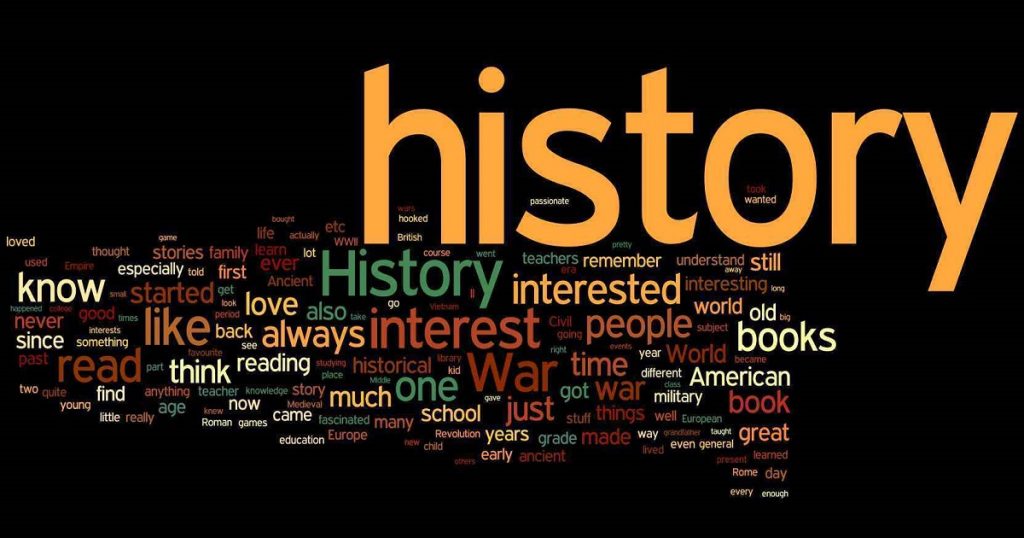
| Từ vựng | Ý nghĩa | Ví dụ |
| Ancient | Cổ đại | The ancient Egyptians built impressive pyramids that still stand today. |
| Barbaric | Dã man, man rợ | The barbaric practice of gladiatorial combat was popular in ancient Rome. |
| Colonial | Thuộc địa | The colonial powers exploited the resources of their colonies for their own benefit. |
| Decisive | Quyết đoán | The decisive battle at Waterloo marked the end of Napoleon’s reign. |
| Democratic | Dân chủ | The United States is a democratic country with free and fair elections. |
| Enlightened | Giác ngộ | The enlightened policies of the king led to greater freedom and prosperity for his people. |
| Fascist | Phát xít | The fascist regime in Italy led by Mussolini was marked by authoritarianism and militarism. |
| Feudal | Phong kiến | Feudalism was a social system in medieval Europe based on land ownership and loyalty to lords. |
| Glorious | Vẻ vang | The glorious reign of Queen Elizabeth I was marked by economic prosperity and cultural achievement. |
| Great | Tuyệt, vĩ đại | The Great Wall of China is one of the world’s most famous landmarks. |
| Heroic | Anh hùng | The heroic actions of soldiers on the front lines of World War I are commemorated every year on Remembrance Day. |
| Imperial | Thành nội | The British Empire was an imperial power that spanned the globe. |
| Industrial | Công nghiệp | The Industrial Revolution transformed societies from agrarian-based economies to ones based on manufacturing and technology. |
| Innovative | Đổi mới | Leonardo da Vinci was an innovative artist and inventor who created many groundbreaking works. |
| Medieval | Thời trung cổ | The medieval period in Europe was marked by feudalism, chivalry, and the rise of Christianity. |
| Modern | Hiện đại | The modern era is characterized by advances in science, technology, and globalization. |
| Monarchical | Quân chủ | The monarchial system in the United Kingdom has survived for centuries. |
| Nationalistic | Dân tộc chủ nghĩa | Nationalistic movements have led to both positive and negative consequences throughout history. |
| Oppressive | Áp bức | The oppressive regime in North Korea has been accused of human rights abuses and political repression. |
| Progressive | Cấp tiến | The progressive movement in the United States aimed to promote social and political reform. |
| Rebellious | Ương ngạnh, bạo động | The rebellious spirit of the 1960s led to widespread social and cultural changes. |
| Revolutionary | Cách mạng | The American Revolution was a revolutionary movement that established a new nation based on democratic principles. |
| Scientific | Có tính khoa học | The scientific revolution led to major advancements in fields such as astronomy, physics, and medicine. |
| Slavery | Chế độ nô lệ | Slavery was a brutal system that dehumanized millions of people. |
| Socialist | Nhà xã hội học | The socialist movement aimed to establish a more equitable distribution of wealth and resources. |
| Technological | Công nghệ | The technological advancements of the past century have transformed the way we live, work, and communicate. |
| Totalitarian | Toàn trị | Totalitarian regimes such as those led by Hitler and Stalin were marked by extreme repression and control. |
| United | Thống nhất | The United Nations was established to promote international cooperation and peace. |
| Victorious | Chiến thắng | The victorious Allied powers celebrated the end of World War II with parades and celebrations. |
| Western | Miền Tây, phương Tây | The Western world has exerted significant influence on global politics, economics, and culture. |
Từ vựng IELTS Speaking & Writing chủ đề History – Trạng từ
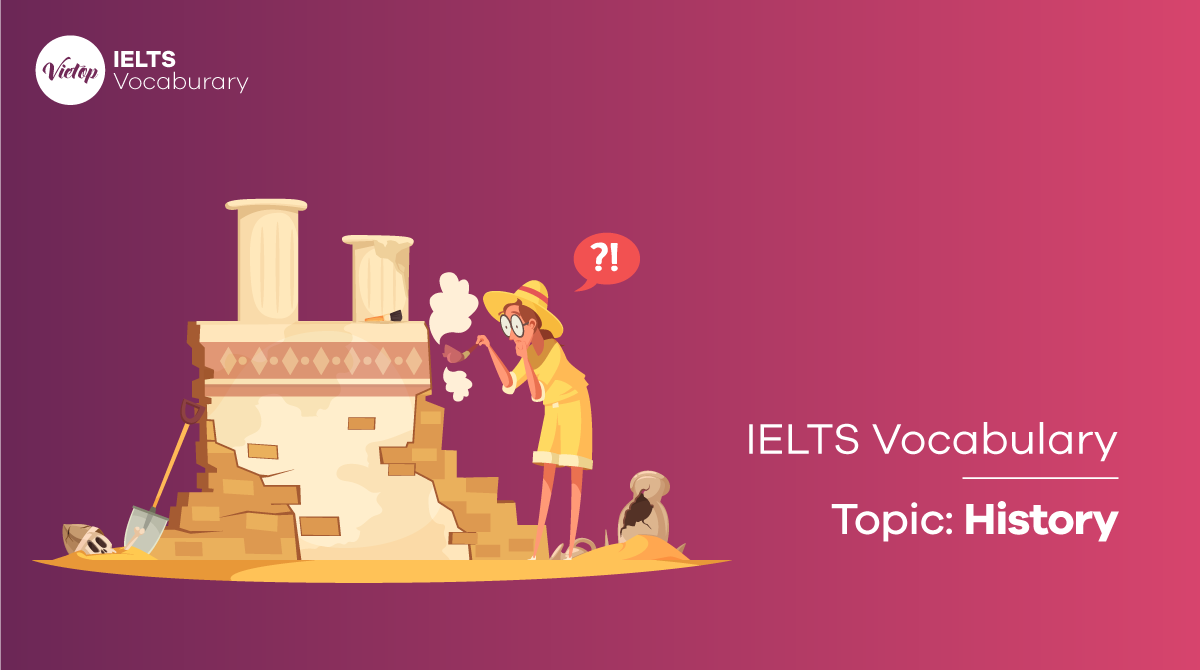
| Từ vựng | Ý nghĩa | Ví dụ |
| Accurately | Chính xác | The historian accurately recorded the events of the past. |
| 2. Bravely | Dũng cảm | The soldiers bravely fought against overwhelming odds. |
| Brutally | Tàn bạo | The dictator brutally suppressed any opposition to his rule. |
| Chronologically | Theo trình tự thời gian | The events of the story were presented chronologically, from beginning to end. |
| Clearly | Rõ ràng | The treaty clearly outlined the terms of the agreement. |
| Courageously | Dũng cảm | The civil rights activists courageously fought for equality and justice. |
| Cruelly | Tàn nhẫn | The dictator ruled cruelly, using torture and imprisonment to silence any opposition to his regime. |
| Decisively | Dứt khoát | The general decisively defeated the enemy in battle. |
| Directly | Trực tiếp | The letter was addressed directly to the recipient. |
| Effectively | Có hiệu quả | The new policy was effectively implemented to address the problem. |
| Fearlessly | Không sợ hãi | The explorer fearlessly ventured into uncharted territory. |
| Historically | Trong lịch sử | Historically, the Industrial Revolution had a profound impact on society and the economy. |
| Honestly | Thành thật | The politician spoke honestly about their views on the issue. |
| Inevitably | Chắc chắn, không né tránh được | War inevitably leads to suffering and loss. |
| Justly | Công bằng | The judge justly sentenced the defendant based on the evidence presented. |
| Largely | Phần lớn | The success of the project was largely due to the hard work of the team. |
| Mercilessly | Không thương tiếc | The dictator mercilessly persecuted anyone who opposed his regime. |
| Naturally | Một cách tự nhiên | The Amazon rainforest is naturally rich in biodiversity. |
| Notoriously | Khét tiếng | The city was notoriously known for its high crime rate. |
| Often | Thường | Historians often disagree on the interpretation of historical events. |
| Passionately | Nhiệt tình | The artist passionately expressed their emotions through their work. |
| Peacefully | Thanh thản | The demonstration was conducted peacefully, without any violence or disruption. |
| Powerfully | Mạnh mẽ | The speech delivered by the civil rights leader was powerfully moving and inspiring. |
| Rapidly | Liên tục | The technology industry is rapidly evolving and changing. |
| Relentlessly | Không ngừng | The activists relentlessly pursued their goal of social justice. |
| Skillfully | Khéo léo | The musician skillfully played the complex piece on the piano. |
| Successfully | Thành công | The business was successfully launched and became profitable. |
| Suddenly | Đột nhiên | The storm suddenly intensified, causing widespread damage. |
| Violently | Bạo lực | The rioters acted violently, causing chaos and destruction. |
| Widely | Rộng rãi | The invention of the internet has been widely credited with transforming the way we live and work. |
>>> Xem thêm:
- Bỏ túi 400+ từ vựng IELTS Academic thông dụng
- Từ vựng IELTS theo topic
- Vocabulary for IELTS band 8.0 – 9.0
- IELTS vocabulary topic Social Issues band 7+
- IELTS Vocabulary in Chemistry
- IELTS Vocabulary in Logic
Trên đây là bài viết tổng hợp IELTS Vocabulary topic History – Từ vựng IELTS Speaking & Writing thông dụng, hy vọng các bạn đã có thể tham khảo thêm được nhiều từ vựng hay để không còn thấy khó khăn khi gặp chủ đề này. Vietop English chúc các bạn học tốt và hẹn các bạn ở những bài viết sau nhé!

